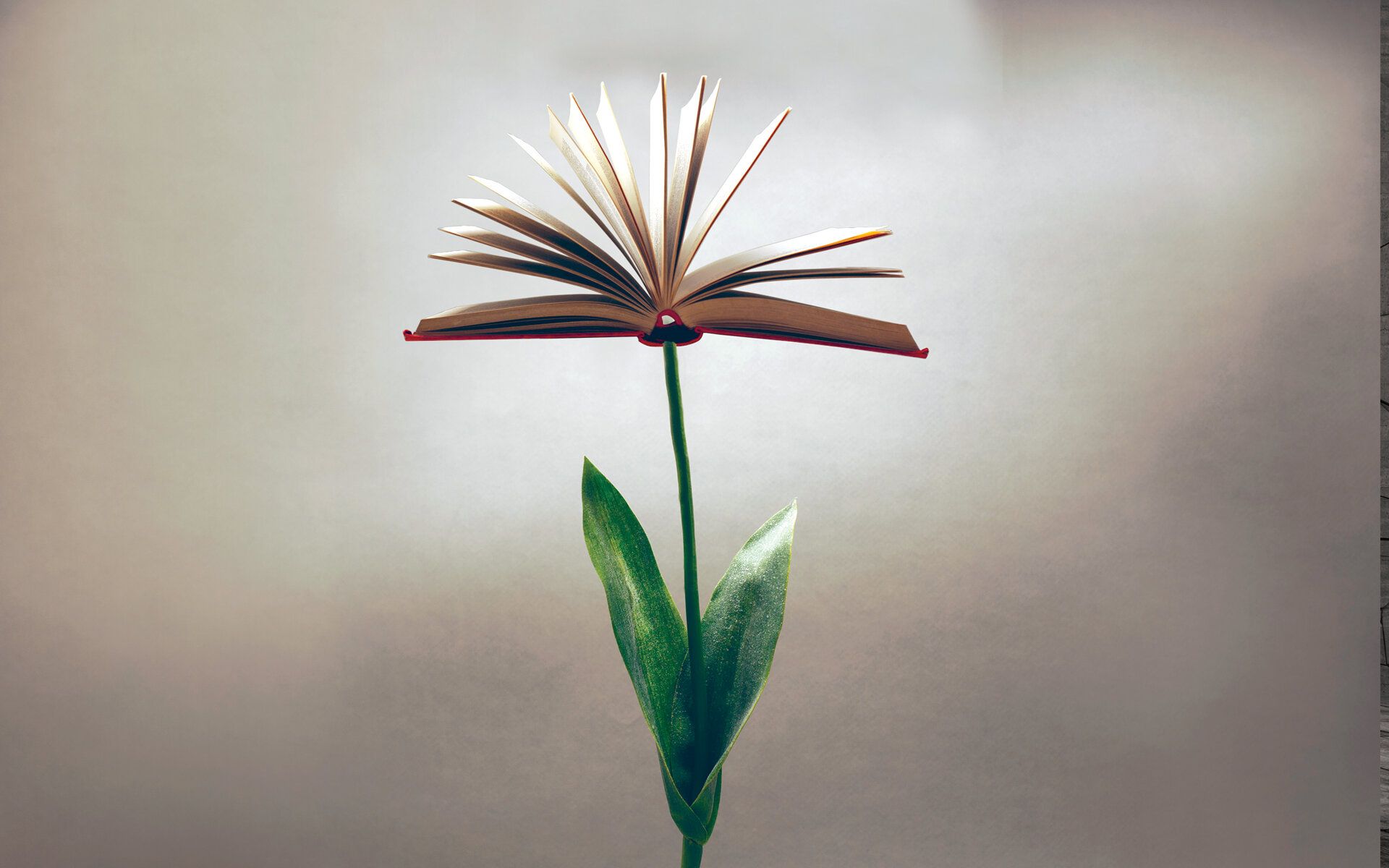
A New Way of Reading
Question: We are living in a time in which minds are confused, especially in matters of faith. What needs to be done to address the problems of our age in the best way?
We tend to look back to comfort ourselves with the achievements of the past, when today we fail in knowledge and thought and cannot find anything to be proud of. We turn back to the foregone dreamy days to see how our ancestors advanced in science and culture, and so should we; otherwise, it would not be fair to ignore what was accomplished before. Yet, in the words of Yahya Kemal, “we are a future with roots in the past.” So, if it was done in the past, why cannot we do it now? Self-comforting with history does not help when we do not make the best of today and be people of the future.
This does not mean we should deny the seeds, roots and the tree that make us who we are. Making the best of today is possible when we can transform the legacy of the past into the seeds of the future. This means that we should evaluate yesterday, today, and tomorrow together at once. Failing to do this, we will imprison ourselves inside a wall we will build with our own hands; we will keep on reciting the legends of the past with no words to say for the future.
There are so many problems piled up waiting to be solved. Minds are confused about faith and religious practice. Especially the youth are not being nourished from authentic sources, thus they are lacking firm foundations of religious knowledge. The minds of those who are in positions to address questions are not clear either. There are some good works being done, but not in sufficient numbers. Destruction is too big, so much so that many are falling into doubt about their belief and values. The consequences are even worse due to the poor education of the society.
Bediuzzaman Said Nursi was a genius who perceived the problems of his time way in advance and offered prescriptions accordingly. However, we failed to benefit from the work he left behind. We even misunderstood his words like “Read; your heart will benefit, even if your mind does not.” We were strapped and imprisoned by this sentence for so long. We could not set sail to the horizons of his vast work, and we failed to provide cures to the diseases of our time.
There is a need for a revolution in the heart and mind. With a new thinking, language, and format of reading, we need to revisit the issues we always thought we knew everything about. Without wasting our time with footnoting and annotating any more, we need to introduce new interpretations and expansions according to our day and age. This is what will bring soul and spirit to our lives.
We are uninformed about the backdrop of much of the knowledge we think we possess, some of which we have even memorized. Since we are unaware of the intricacies and details of the truth that lies behind all of that knowledge, we sacrifice so much of it – which are as precious as gold – with our over habituation and lack of deep deliberation. So much of that treasure is waiting to be rediscovered. Many of the reasonings found in our scholarly heritage need to be reviewed according to today’s circumstances and reintroduced to humanity. Even the holy scripture and the Prophetic tradition must be studied as if the former one is being revealed and the latter is being heard right in this moment, so that brand-new truths are unearthed to address the necessities and conditions of our day.
If we believe this heritage has not worn out and that humanity needs them today more than ever, then we need to put forward serious effort to fashion them in a new way convenient to the contemporary age. This effort requires dealing with the matter not only for the general masses, but also at academic level, by way of establishing institutes and study groups which can go deeper in different fields.
There are thousands of exegetical works that have been produced over the centuries. The scholars who produced these works did not say, “there are already too many books authored on this subject; why should I write?” Those who followed the predecessors brought in new perspectives and contributed to the scholarship in accordance with their own time.
One dimension of the solution could be to formulate a new way of reading that can save us from habituation. Unfortunately, we keep repeating what we have memorized. We read books only as a habit, just to complete a ritual. This does not take us anywhere. We need to find a new way of reading that will resuscitate our thoughts and feelings, refine our human relationships, correct our understanding of the creation, and will positively influence our life of worship. Then we will perceive what we are doing when we stand, bow, and place our heads on the floor in prayer. If we fail to renew ourselves, our “immortal” works will be put to death in our own hands, and our values will be deemed worthless by no one else but ourselves.
- Created on .
